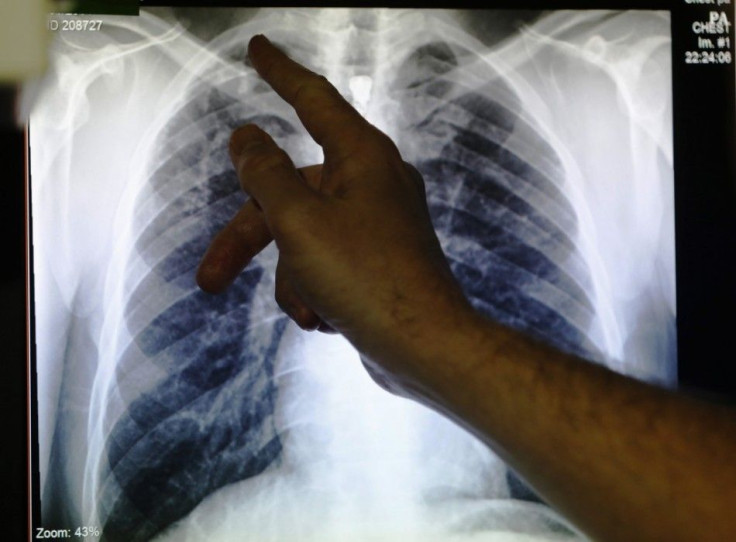Unraveling The Mystery of Microbe Mycobacterium: The Causative Agent of TB

Mycobacterium tuberculosis, the causative agent of tuberculosis, commonly known as TB, is an extremely difficult organism to control.
It typically attacks lungs, but sometimes also affects other parts of the body.
In a study, scientists observed that hydrogen is the most important factor which enables mycobacterium to survive at conditions where oxygen is limited for long periods.
The results got published in the journal Proceedings of the National Academy of Sciences.
"Mycobacterium grows through combusting their preferred carbon-based fuel sources using oxygen. However, they can also somehow survive for months or years when their oxygen supply is exhausted. For example, in people with latent TB infections, mycobacterium tuberculosis bacteria are walled in by clumps of immune and other body cells in what is thought to be an extremely low oxygen environment. However, such patients must be monitored for rest of their lives in case the bacteria become active again,” said Greg Cook, a professor from University of Otago in New Zealand.
The bacterium is extremely efficient to switch its cellular metabolism status from a primarily oxygen-based one over to one which makes use of fermentation for energy production as an alternative source.
This changing metabolic mode mostly relies on the production and recycling of molecular hydrogen, a diffusible gas and high-energy fuel as well.
These cells are known to produce hydrogen to ensure their survival until there is once again supply of sufficient oxygen required for their growth. The researchers figured out that Mycobacterium smegmatis, a well-known strain, metabolises molecular hydrogen with the help of three enzymes which come under the class of enzymes called hydrogenase.
One of them produces hydrogen, whereas the other two are known to consume it. These hydrogenases get activated under oxygen starvation by a master regulator known as DosR.
The scientists found “that strains of mycobacterium smegmatis in which the genes for the hydrogenases or the regulator DosR had been 'knocked out' experienced a hundred-fold reduction in the long-term survival compared to the normal bacterium.”
Future investigations are required to come up with possible novel drug target to treat this dreadful disease.





















